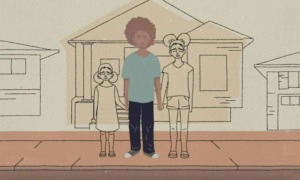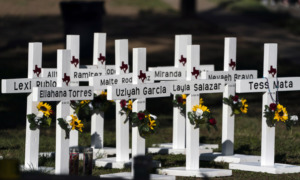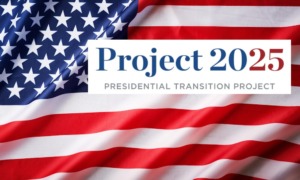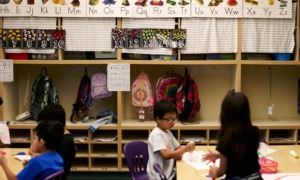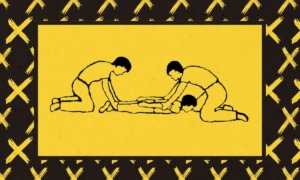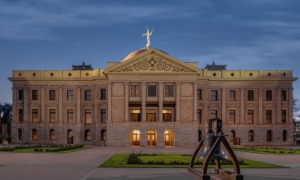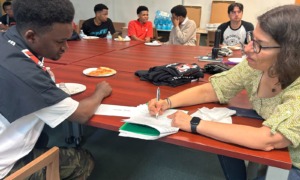All posts tagged "Juvenile Justice"
-
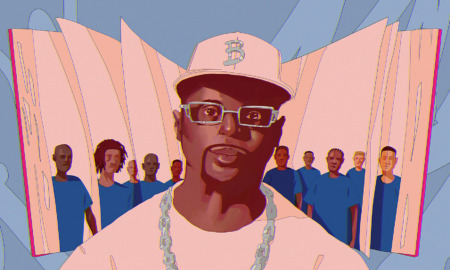
 1.0KGuest Opinion Essay
1.0KGuest Opinion EssayHere’s how I use my story to teach incarcerated kids that writing matters
If they don’t change their lives, what likely awaits them is prison or death.
-
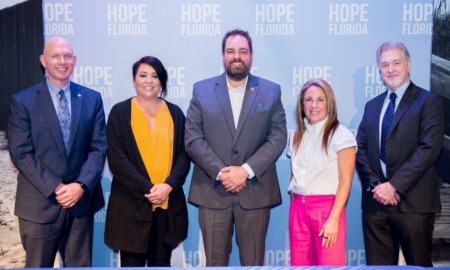
 521News
521NewsFlorida’s accomplishments highlighted at National Mentoring Month round table. What will you do in 2024?
Mentoring means dedication of one’s time to motivate, educate, support and inspire another individual.
-
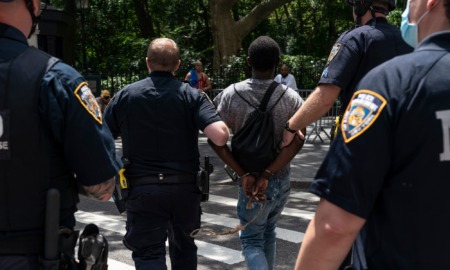
 567News
567News21 bodycam videos caught the NYPD wrongly arresting black kids on Halloween. Why can’t the public see the footage?
Police have undermined the promise of transparency and accountability that accompanied the body-camera movement.
-
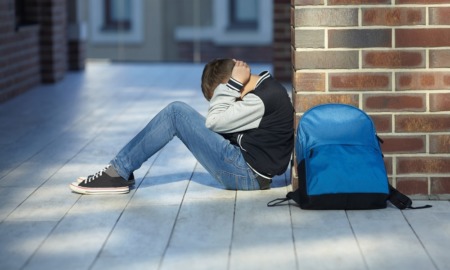
 1.4K► Reports
1.4K► ReportsCrime, violence, discipline, and safety in U.S. public schools
A new NCES report discusses school safety across the country using the latest data.
-

 403News
403NewsHow Cuyahoga County picks attorneys to represent children
Six judges decide whether to assign the public defender’s office or appoint private counsel.
-
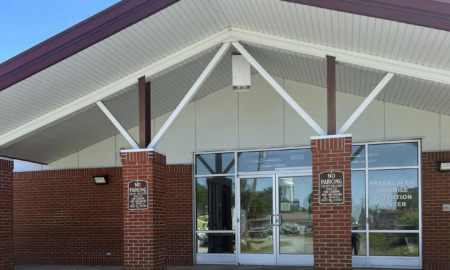
 561News
561NewsIllinois judge closes juvenile detention center after ‘facility in crisis’ fails to meet new state standards
The judge cited staffing shortages that made it difficult to meet new state standards.
-
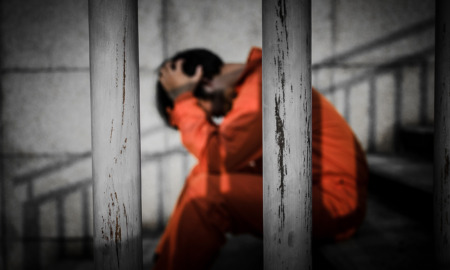
 808News
808NewsLouisiana ponders policy changes with juvenile facilities at full capacity
Struggles at juvenile facilities make it hard to help the youths in its care.
-
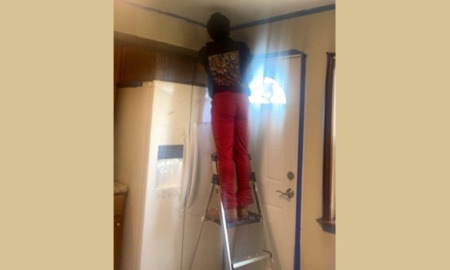
 911Guest Opinion Essay
911Guest Opinion EssayTrauma-informed ‘hubs’ reduce Chicago youth incarceration
The hubs, administrators say, follow best practices and principles of trauma-informed youth development and rehabilitation.
-
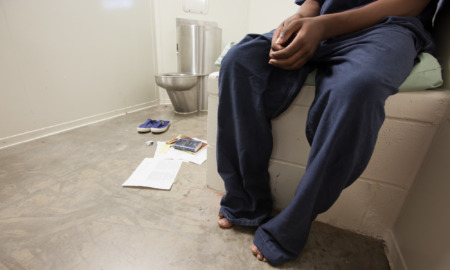
 585News
585NewsHundreds of seclusions were “Voluntary.” Some kids don’t see it that way.
Inspections by DCS and reports from detained youth suggest the seclusions are not voluntary.
-
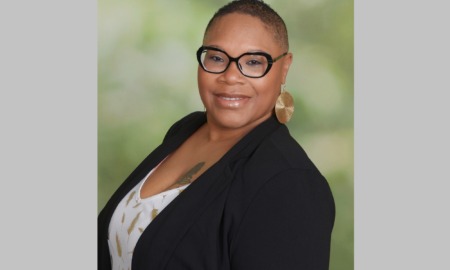
 1.2K► Newsmakers
1.2K► NewsmakersKimberly R. Alexander named executive director of M.O.B.B United and M.O.B.B United for Social Change
Kimberly R. Alexander is the new executive director of Moms of Black Boys United, Inc. (M.O.B.B. United) and M.O.B.B. United for Social...
-
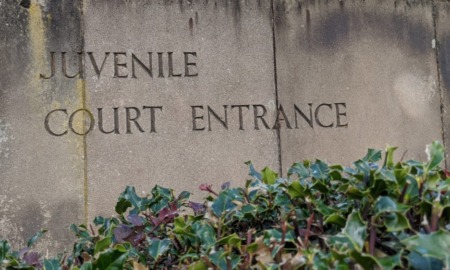
 948News
948NewsJuvenile detention fees cripple families financially, opponents say
California was first to stop charging families for incarcerating juveniles. Most states continue levying.
-
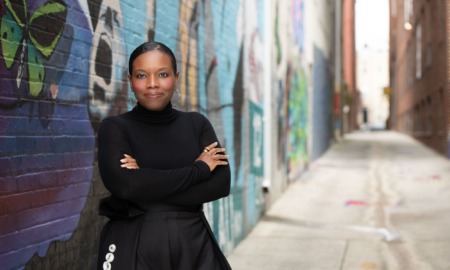
 1.3KNews
1.3KNewsPublic Welfare Foundation’s Candice Jones debunks the latest tough-on-crime rhetoric
Under Jones's leadership, the foundation focuses on funding organizations led by formerly incarcerated people.
-
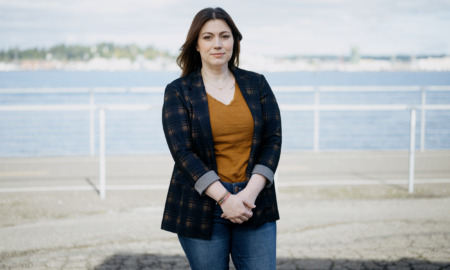
 1.1K► Podcasts
1.1K► PodcastsResearchers team up with court staff to help Washington homeless youth
A new program uses evidence-based surveys to identify teenagers in need of support services.
-
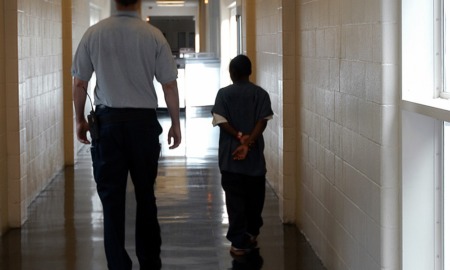
 2.8KGuest Opinion Essay
2.8KGuest Opinion EssayJuvenile justice staffing crisis: Time to reimagine our approach
The staffing crisis both jeopardizes the safety and well-being of employees and youth detainees.
-
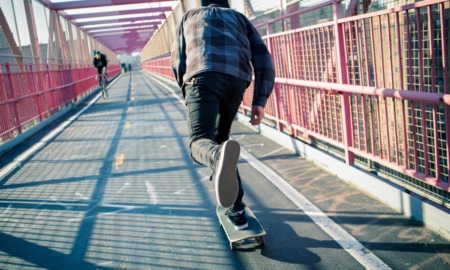
 1.6KNews
1.6KNewsGiving first-time juvenile offenders avenues away from detention in New York
Avenues’ program offers young people possibilities that many often feel aren't available to them.
-
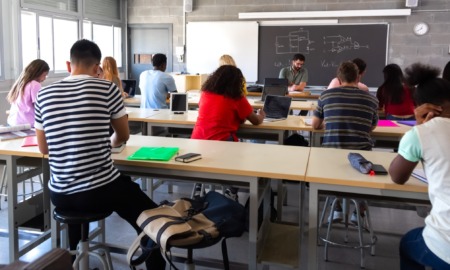
 1.1KNews
1.1KNewsShaken by post-pandemic disruptions, some states take a harder line on school discipline
Kentucky is one of several states to enact stricter punishments for disruptive students.
-
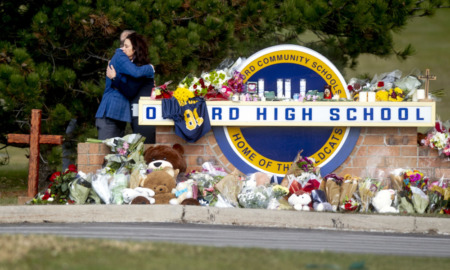
 1.8KNews
1.8KNews‘It’s such a common thing now’: School shootings reached record levels in 2022
Educational settings were the second most common location of active shooter incidents.
-
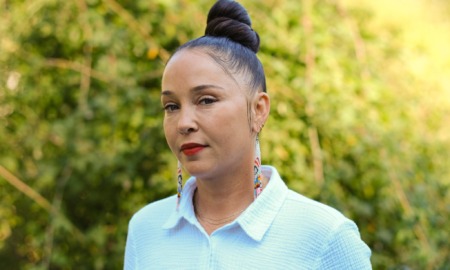
 1.5K► Newsmakers
1.5K► NewsmakersMichaela Pommells named executive director of Youth First Justice Collaborative
The Youth First Justice Collaborative seeks to end youth incarceration.
-
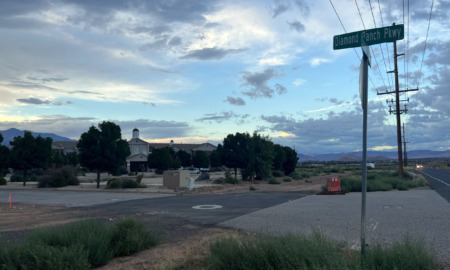
 3.3KNews
3.3KNewsUtah “troubled teen” treatment facility shuttered in the wake of death
The state-mandated closure is the first on record for Utah’s “troubled teen industry”
-
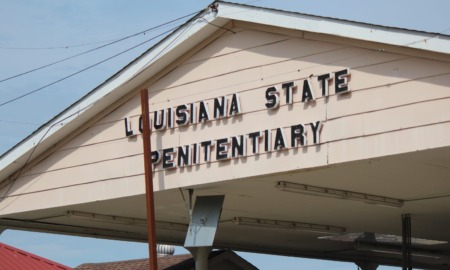
 1.1KNews
1.1KNewsJudge rules Louisiana must remove youth from Angola
“We demand investment in our children, not punishment," said David Utter, ACLU's lead counsel.





